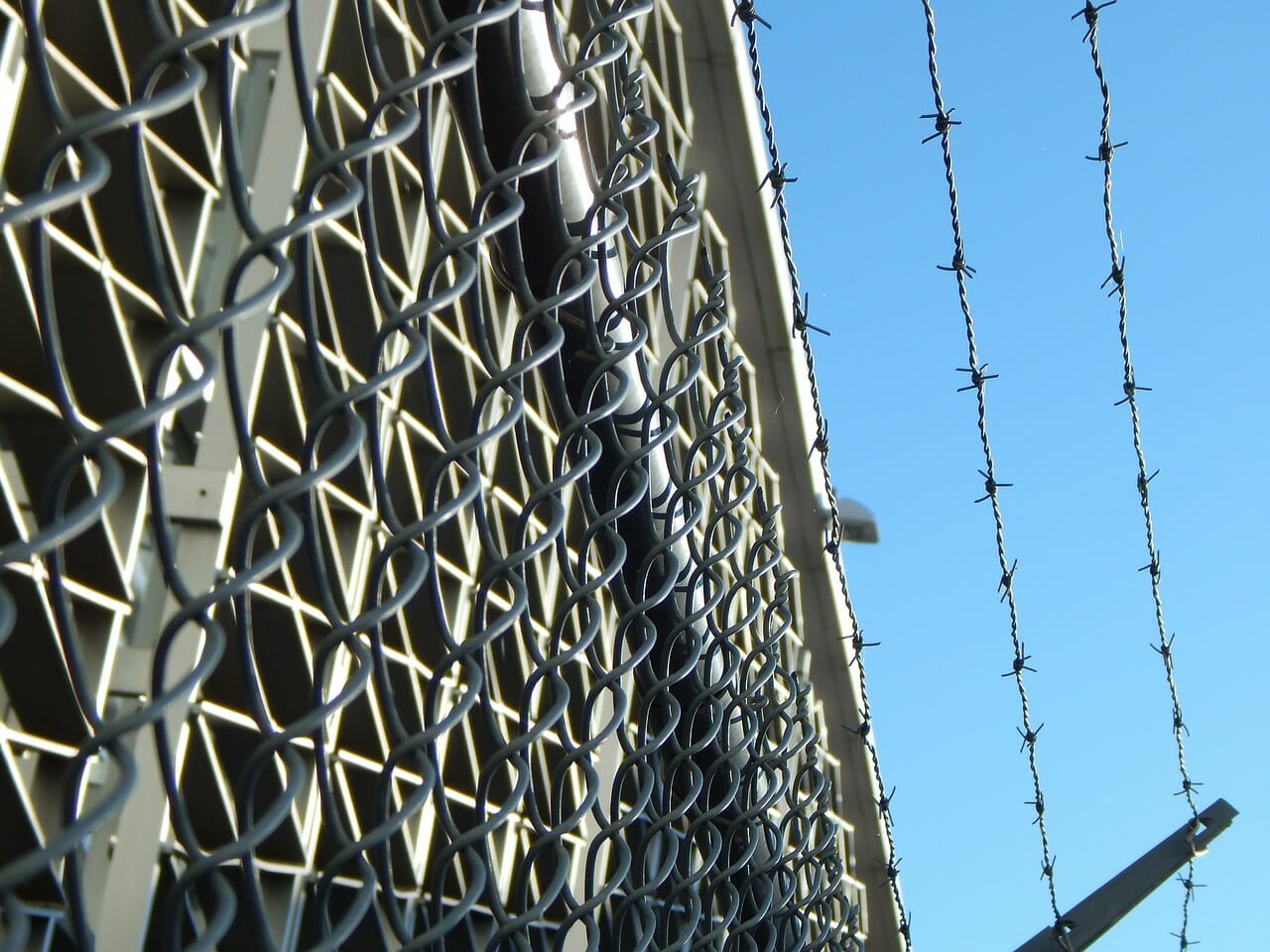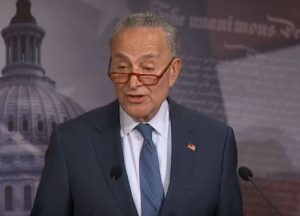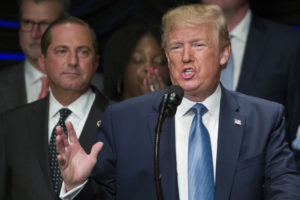Trump Says He Would Sign Prison Reform Bill
Even as the president signals support for improvements in the federal system, the network of private prisons is continuing to expand. Pixabay / CCO Creative Commons
Pixabay / CCO Creative Commons
Even as the president signals support for federal changes, the country’s private prison system is continuing to expand.
President Trump has said he would sign a federal prison reform bill passed by the House Judiciary Committee last week. The legislation is likely to be voted on in the full House this week.
As reported by The Guardian, some advocates say the reform would immediately release 4,000 federal prisoners. U.S. prisons currently house 2.3 million inmates.
The package includes an expansion of compassionate release and investing millions of dollars in re-entry programs. As of 2017, only 23 percent of released prisoners stay out of prison.
The Guardian reports:
“Nobody wins when former prisoners fail to adjust to life outside or worse, end up back behind bars,” Trump said. “We want former inmates to find a path to success so they can support their families and support their communities.”
Even if it passes in the House, the bill faces an uphill climb in the Senate, not because there isn’t support for it, but because key lawmakers feel the bill does not go far enough. Unlike prior attempts at federal reform legislation which also would have relaxed criminal sentencing, especially on drug crimes, the current bill only deals with policies that affect people who are already incarcerated.
“For any criminal justice reform proposal to win approval in the Senate, it must include … sentencing reforms,” the Republican judiciary committee chairman, Chuck Grassley, said in a statement last week. Grassley was one of the chief animating forces behind a much more comprehensive bill that had been building momentum on both sides of the aisle in 2016 but that essentially disappeared from view after Trump’s surprise victory.
But advocates like Jessica Jackson-Sloan, the policy director for #cut50, a criminal justice reform advocacy group, are hoping to get lawmakers to see the bill, called the First Step Act, as just that.
Even as lawmakers are considering federal prison reform, the U.S. private prison system is growing and generating big profits for companies. According to a new report released by the Corrections Accountability Project, over 3,100 corporations, 2,500 of which are privately traded companies, profit from the American prison system.
One example is the Stewart Detention Center in Georgia. Under a contract with Immigration and Customs Enforcement (ICE), CoreCivic, the largest prison corporation in the U.S., made a net income in 2017 of $178 million. The Guardian reports that many immigrants housed there while awaiting determination of their cases lacked adequate food and were receiving just 50 cents an hour for work.
According to a lawsuit filed by the Southern Poverty Law Center, some of the detainees working in Stewart were paid as little as $1 a day. Those who refused to work were threatened with solitary confinement and the loss of food, clothing, personal hygiene facilities and contact with loved ones.
In response to the lawsuit, U.S. Rep. Lamar Smith of Texas and 17 other Republican House members wrote a letter to Attorney General Jeff Sessions, ICE and the Department of Labor asking Sessions to help the private prison company GEO Group defend itself in lawsuits by former detainees.
CoreCivic gave $295,642 in political contributions during the 2016 election cycle, and Smith was one of the recipients. Private prison companies contributed $1.6 million during the 2016 federal election.
Trump in 2016 called for more privatization, saying, “Private prisons seems to work a lot better.”
Your support matters…Independent journalism is under threat and overshadowed by heavily funded mainstream media.
You can help level the playing field. Become a member.
Your tax-deductible contribution keeps us digging beneath the headlines to give you thought-provoking, investigative reporting and analysis that unearths what's really happening- without compromise.
Give today to support our courageous, independent journalists.






You need to be a supporter to comment.
There are currently no responses to this article.
Be the first to respond.